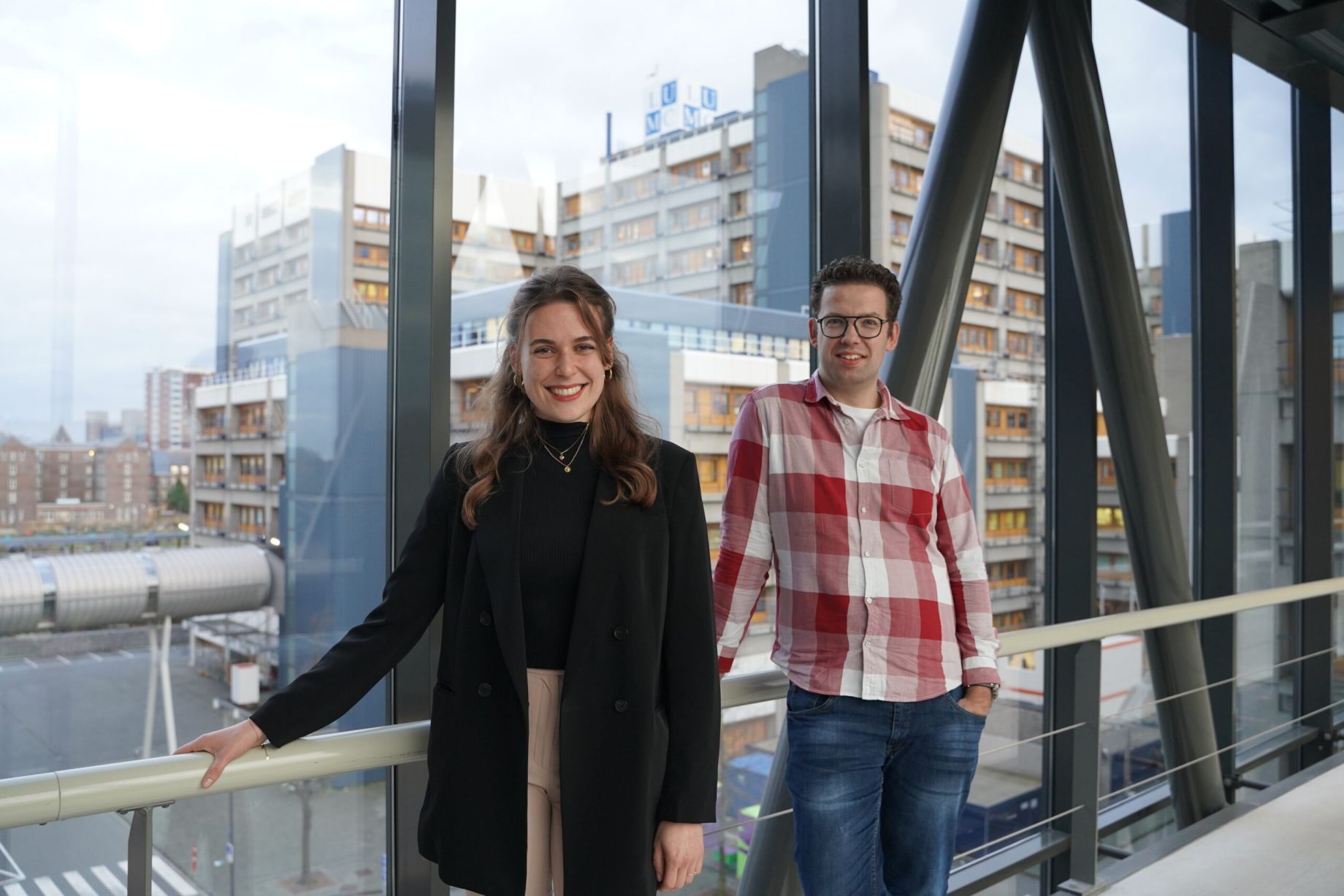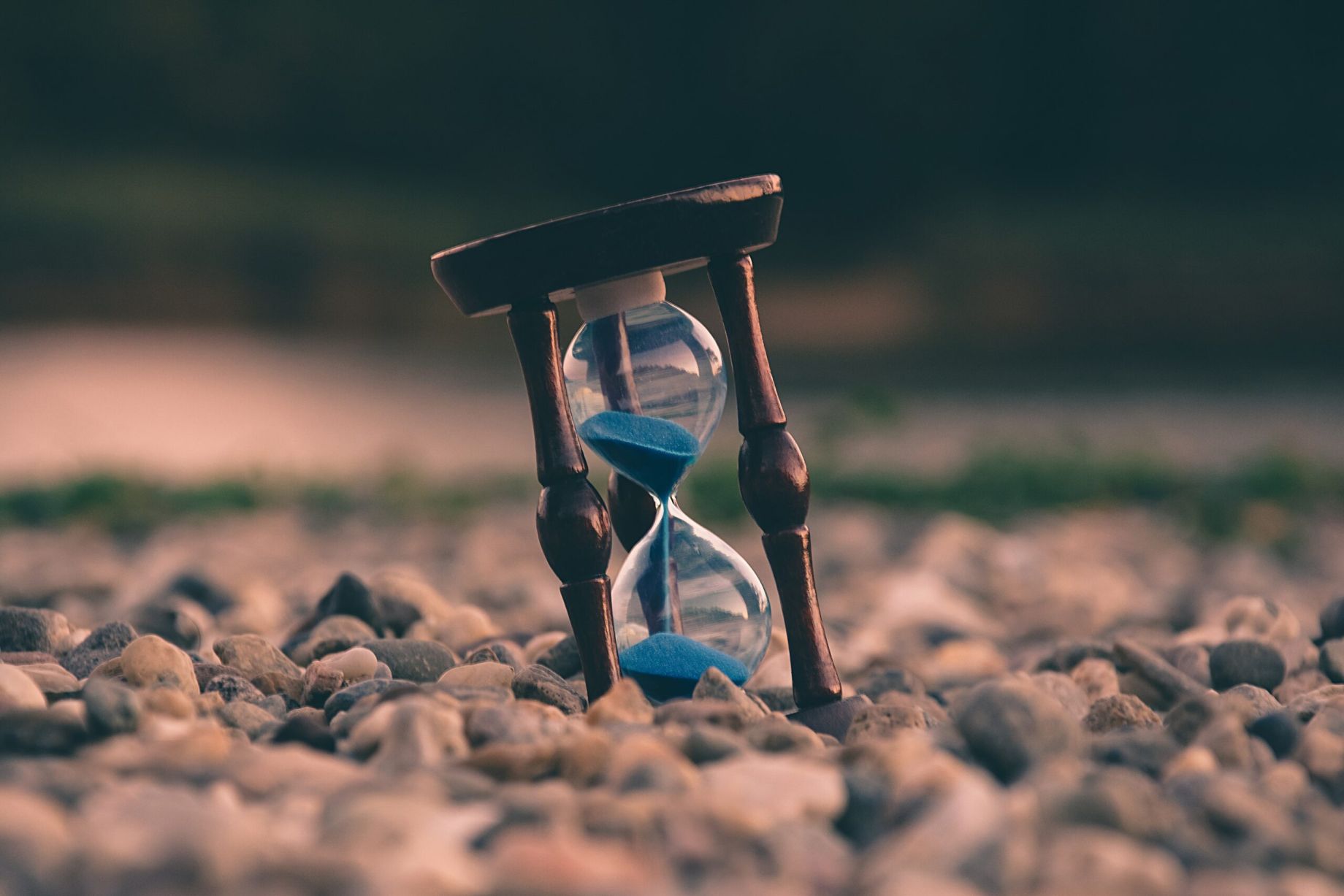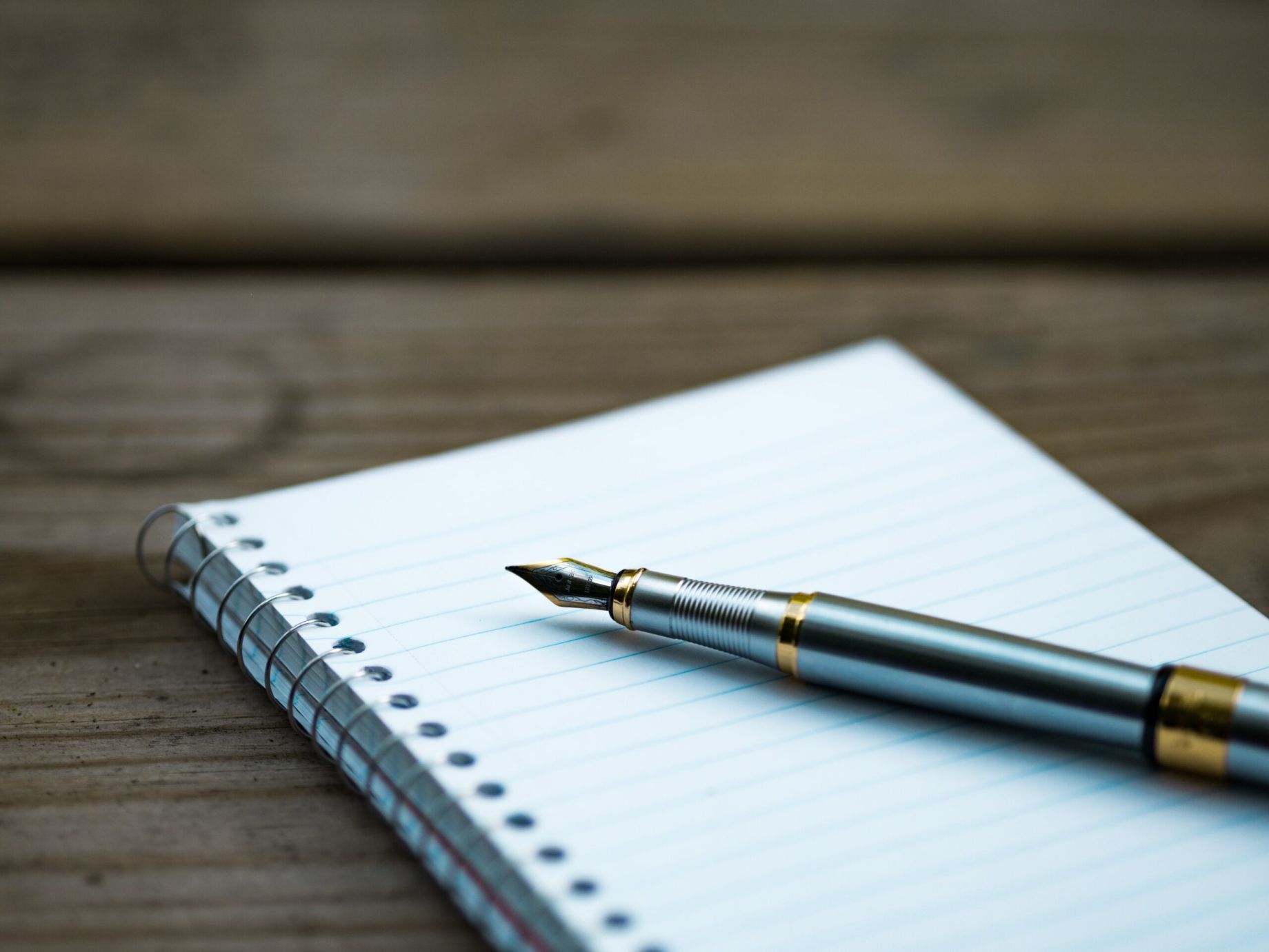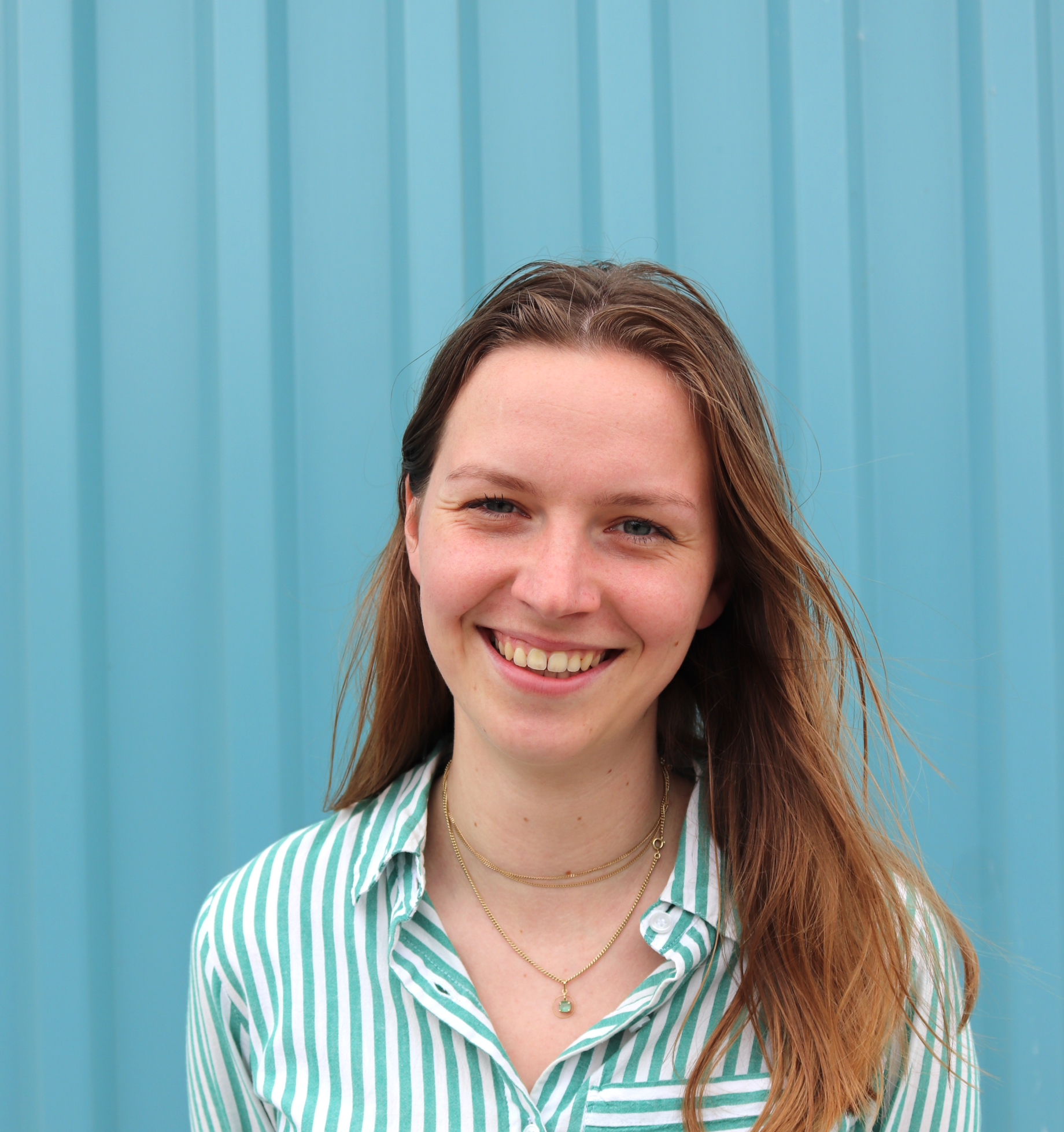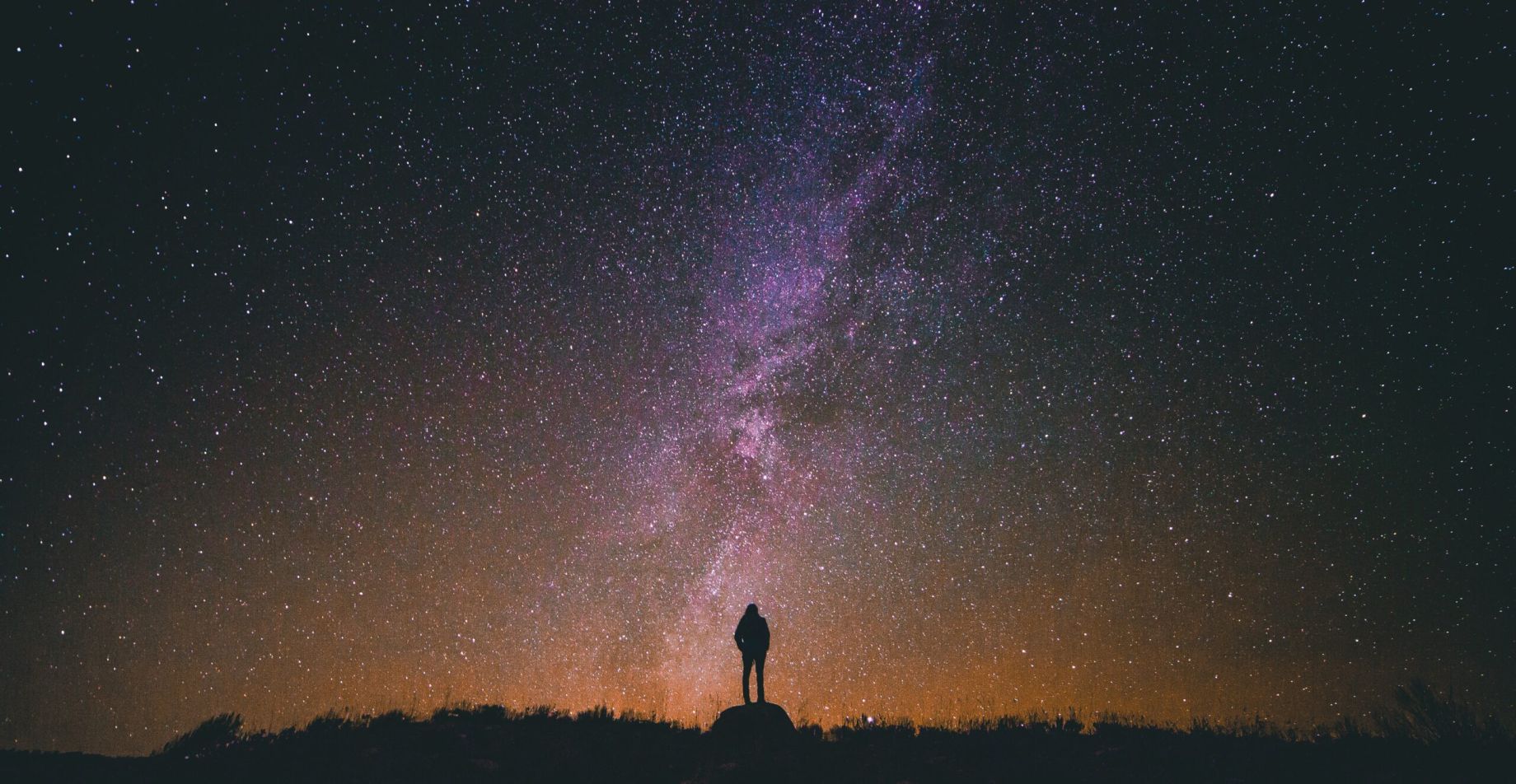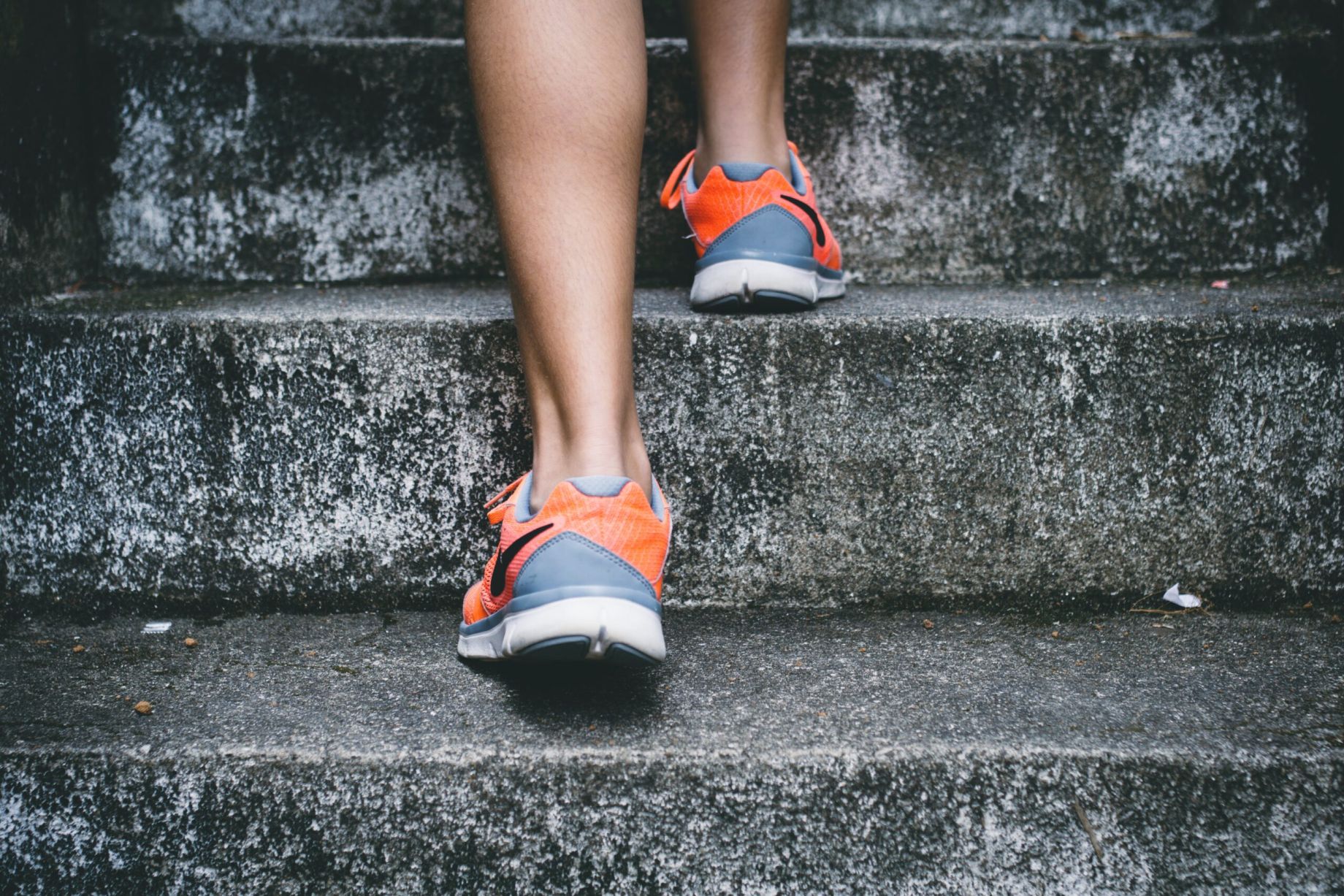Author: bioclock
BioClock PhD candidate Gali Albalak and her team at the Leiden University Medical Centre have published a new study which shows that the time of preferred exercise is associated with the risk for cardiovascular health problems, as well as the risk for stroke. People who prefer to exercise in the morning showed a 16% reduced risk for a heart attack and 17% reduced risk for stroke. They have used the UK biobank and included 85.000 participants for their analysis and published the...
23 project in a nutshell – The BioClock meeting!
On Monday, November 7th, close to 70 members of the BioClock consortium gathered at (Scheltema) Leiden for a fun and informative day; the cluster meeting. Nearly all PhD and Post doc candidates in short presented the current status of their project and discussed protocols, pilot results and future plans. In 18 short presentations, we met the worlds of writing medical-ethical protocols (to have your research approved prior to the start), how to best catch insects, didactic methods...
Why wintertime?
At the end of October it is here again, we will shift the clock an hour backwards. Will it be the last time we adjust our watch? BioClock hopes so because shifting the clock is not good for our health. Especially changing towards summertime, or daylight savings time because wintertime (or standard time) is better for our health. In the Netherlands, the choice of words is even worse as it is called summertime which has a positive connotation to it. This causes a bias of the people...
Special issue Nutrients: Effects of healthy on Chronic Diseases
Dear Colleagues,
This Special Issue discusses the effects of healthy lifestyles, focusing on diet, sleep, and exercise, on Chronic Diseases.
Health is a topic which is both long investigated, but also constantly developing. Among all the factors affecting health, lifestyle is the most controllable and influential factor. A proper diet, moderate exercise, and adequate sleep are the three cornerstones of a healthy lifestyle. Diet has been recognized as a common and modifiable...
Shiftwork messes with the biological clock. Maaike searches for solutions.
PhD candidate Maaike van der Rhee has recently started her project at the Erasmus MC, supervised by dr. Heidi Lammers-van der Holst, dr. Linda van Kerkhof and prof. dr. Bert van der Horst. With millions of shiftworkers worldwide, the need for solutions and advise how to deal with shiftwork conditions is urgent. Shiftworkers risk different health consequences by regularly working at night, including mental effects. Maaike focusses on different aspects and will work towards...
Seeing Stars: lights off, stars (and nature) on
by Martina Vijver
Last Sunday Sept 25th night there was the beautiful event entitled Seeing the Stars for which many streetlights, garden lights and all other types of lights were switched off from 22.00-23.30. This was to create citizens awareness for light pollution. A quote by Daan Roosegaarde – initiator together with many Leiden scientists: by doing less, seeing more….after all switching off the light, gives more stars to watch. Or as BioClock we could even say; by doing...
A one-year-update: Ayano on the timing of exercise
PhD candidate Ayano Shiba has started one year ago in WP1.2. An update of her work at the Netherlands Institute for Neuroscience (NIN).
Know your clock!
by Ayano Shiba
Have you ever thought about staying fit with a minimum of effort? If yes, we assure you that you will benefit from the results of our research.
When you exercise, not only the intensity and duration are important, but also the timing is crucial. Our internal body clocks produce rhythms of approximately...
